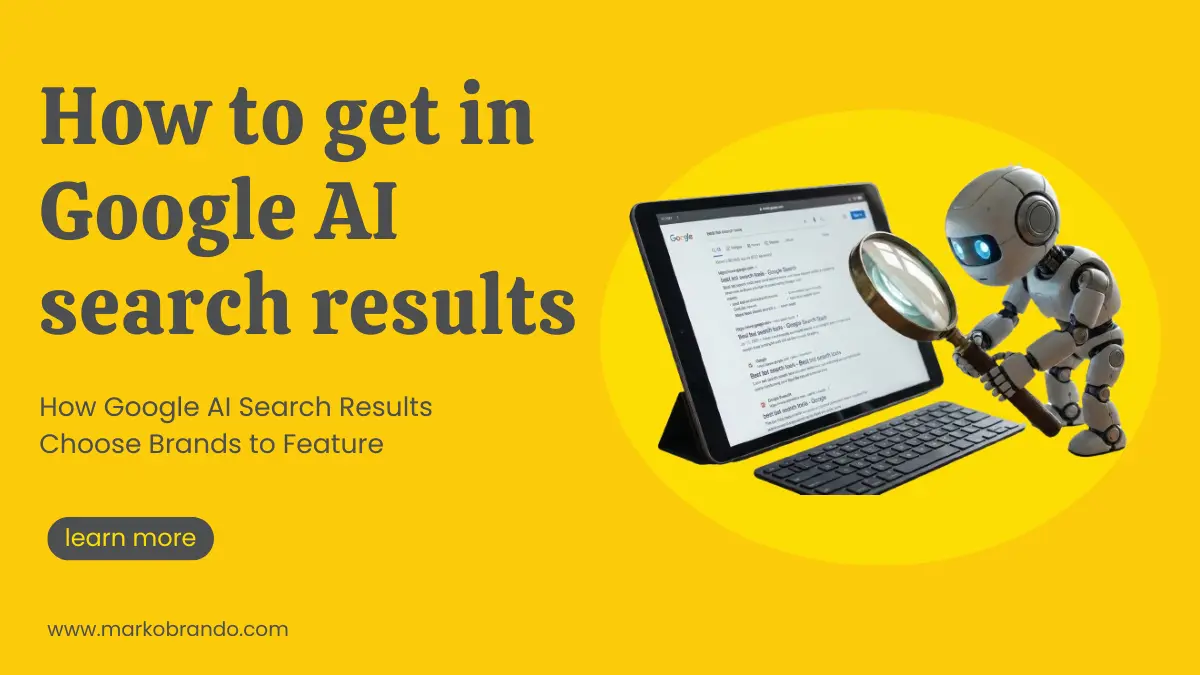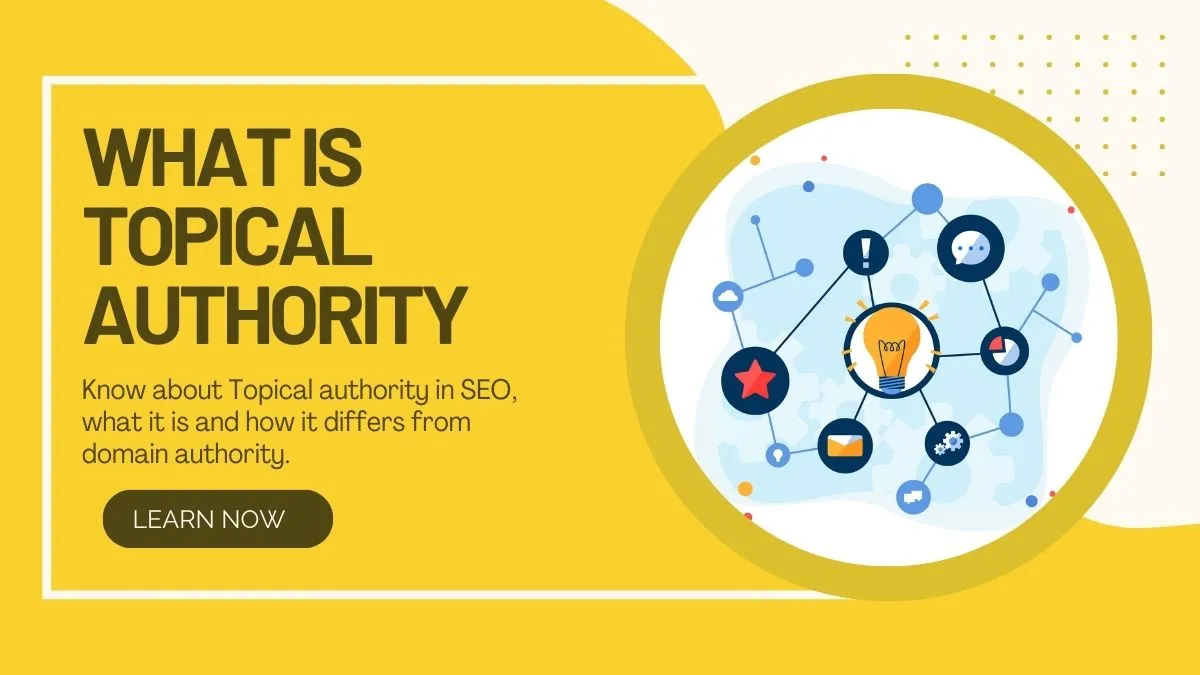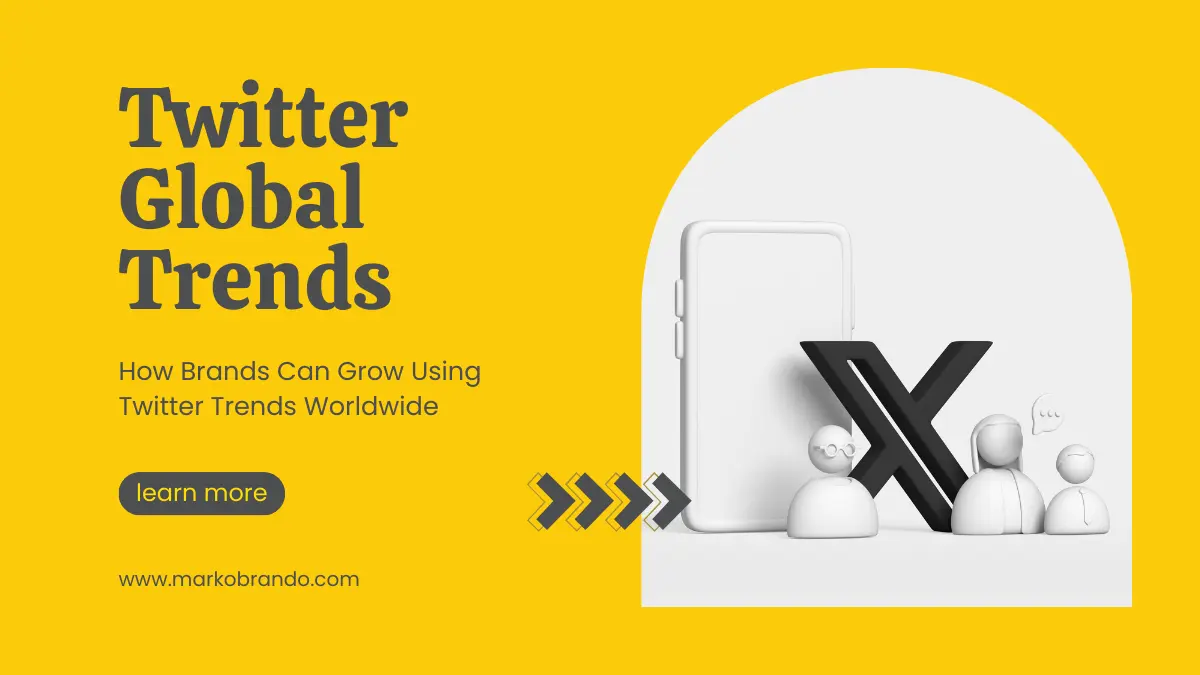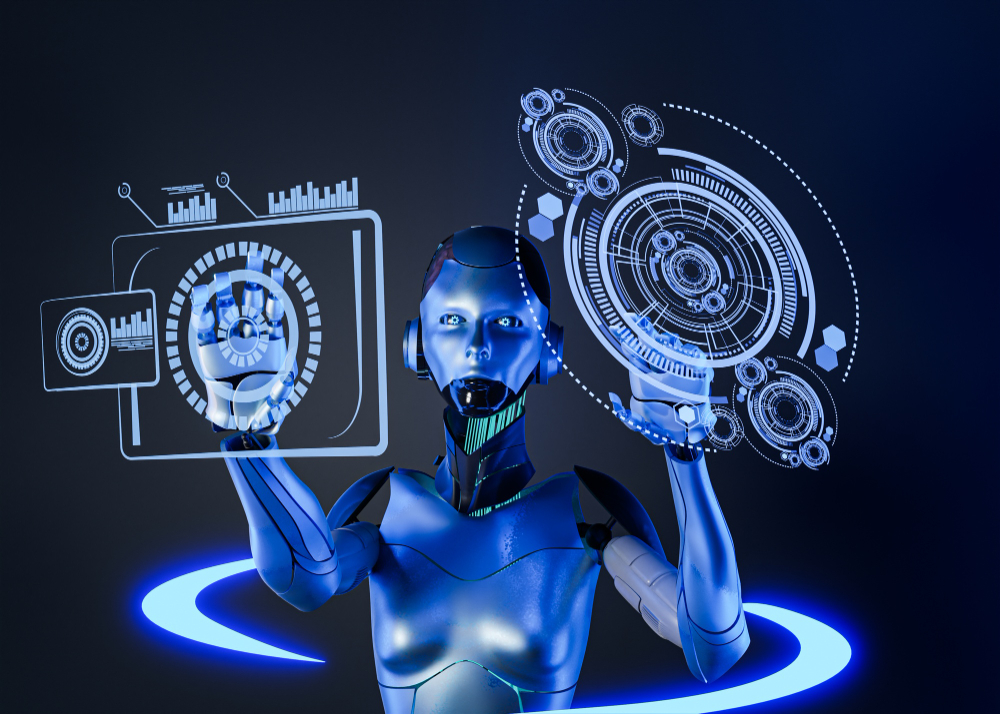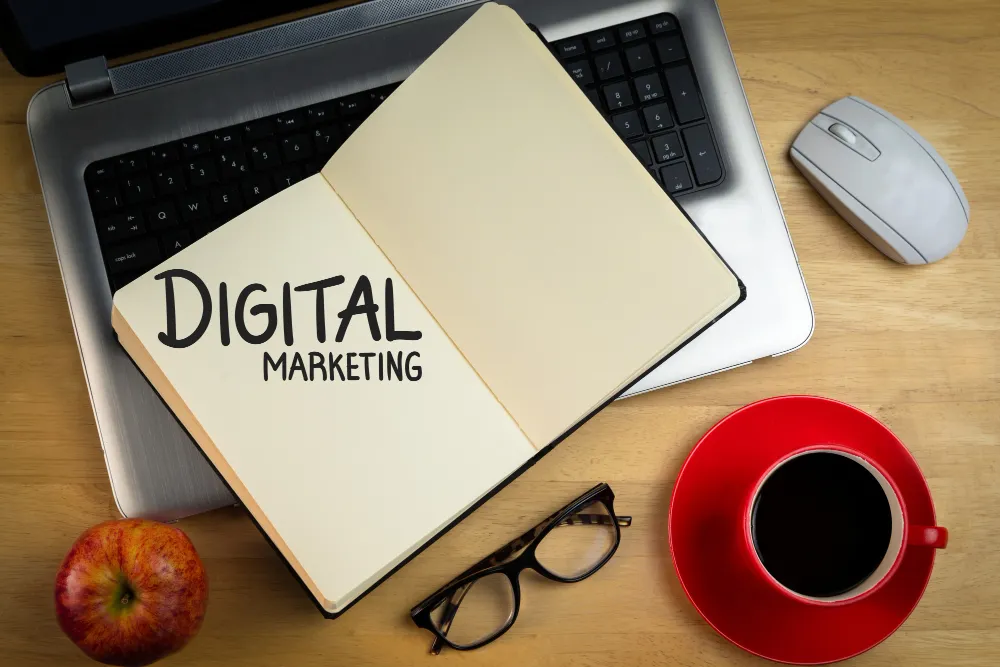
How Digital Marketing Will Evolve in 2025
How Digital Marketing Will Evolve in 2025
Meta Description: Stay ahead with the latest Digital marketing trends 2025 and how they will shape strategies and consumer engagement in the coming year.
The digital marketing world is constantly evolving at breakneck speed. Each year brings new technologies, platforms, and strategies that shape the way brands interact with consumers. As we approach 2025, one thing is clear: digital marketing trends 2025 will be significantly different from what we see today. With advancements in artificial intelligence, automation, personalization, and data-driven strategies, marketers will have to adapt quickly to stay relevant.
But what does the future hold? What are the key digital marketing trends 2025 that will impact businesses? How can you ensure that your 2025 marketing strategies align with these changes? Let's unfold the digital marketing evolution and the factors shaping its future.
1. AI-Driven Content Creation and Personalization
In 2025, Artificial intelligence (AI) will be at the heart of content creation and personalization. Marketers are already using AI to automate content, but in the next few years, this will evolve further. From predictive analytics to chatbots and dynamic content recommendations, AI will become an essential tool for delivering highly personalized experiences.
Key Insights:
AI can analyze consumer behavior, predict trends, and deliver content based on individual preferences, making personalization more sophisticated.
AI will help businesses scale content creation without compromising quality. Automated writing tools, like GPT-3 (and its advancements), will assist marketers in generating content that resonates with their audience.
Personalized marketing will be taken to a whole new level, with the ability to target users based on their behavior, needs, and even emotions.
As part of the digital marketing evolution, AI-powered content will become a game-changer. Brands will need to rely on smart algorithms to create dynamic, personalized user experiences, offering value at every touchpoint.
Know more: AI in Digital Marketing: Role, Guide & Impact
2. Video Marketing Dominates the Digital Landscape
Video marketing has seen explosive growth, and by 2025, its dominance will only continue to rise. Short-form video platforms like Instagram Reels, YouTube Shorts are already setting the stage for the future. In 2025, brands will need to incorporate video into their marketing strategies like never before, using video not just for engagement, but as a key tool for conversion.
Key Insights:
Video will be critical for brand storytelling, with consumers demanding more authentic and relatable content.
Live streaming will become even more popular, allowing real-time engagement and building stronger connections with audiences.
Video will not only serve as an awareness tool but also be used in the later stages of the buyer journey, offering detailed product demos, testimonials, and more.
For digital marketing trends 2025, video will be the most influential medium, providing the perfect opportunity for businesses to connect with their audiences in a visually appealing and engaging way.
3. Voice Search and Smart Assistants
With the advent of voice-activated devices like Amazon's Alexa, Google Assistant, and Apple’s Siri, voice search is quickly changing the way people search for information online. By 2025, it's expected that more than half of all searches will be voice-based. This shift presents unique challenges and opportunities for marketers.
Check this out: Voice Search Optimization: Preparing Your Digital Strategy for a Voice-First World
Key Insights:
Optimizing for voice search will be crucial for brands looking to stay visible. This means focusing on natural language processing (NLP) and long-tail keywords that match conversational queries.
Voice search will enhance local SEO, as users often rely on voice commands to find businesses nearby.
Smart assistants will become more integrated into consumers' daily lives, giving brands the chance to create new marketing avenues, such as voice-based advertising.
The future of digital marketing will see voice search playing a significant role, and marketers will need to adapt by creating optimized content for voice-activated searches.
4. Privacy and Data Protection
As data breaches continue to rise, privacy and data protection will be more important than ever. Consumers are becoming increasingly cautious about sharing personal information online, leading to new regulations and changes in how brands collect and store data. By 2025, transparency and trust will be crucial components of any marketing strategy.
Key Insights:
The General Data Protection Regulation (GDPR) and other similar laws will set the tone for how businesses handle customer data.
Marketers will need to ensure that their data collection practices are ethical and transparent.
Zero-party data (data provided by consumers willingly) will become more valuable, with consumers demanding greater control over their data.
Incorporating a strong privacy policy and being transparent about how customer data is used will be key to building trust and brand loyalty in the future.
5. Augmented Reality (AR) and Virtual Reality (VR) Experiences
AR and VR technologies are revolutionizing the way brands engage with their customers. By 2025, these technologies will be more integrated into marketing strategies, offering immersive, interactive experiences that blur the lines between the digital and physical worlds.
Key Insights:
AR and VR will help brands deliver unique and personalized experiences. It will allow customers to try products virtually before purchasing.
Brands will use AR for interactive advertisements, allowing consumers to engage with products in a 3D environment.
VR will take experiential marketing to new heights, creating fully immersive brand experiences that engage multiple senses.
With these technologies, marketers will be able to craft more engaging campaigns that leave lasting impressions, making AR and VR essential components of 2025 marketing strategies.
6. Social Commerce and Shoppable Posts
Social commerce, the integration of e-commerce features directly into social media platforms, is expected to boom in the next few years. With platforms like Instagram, Facebook, and Pinterest already rolling out shoppable posts, 2025 will see social commerce becoming a major sales channel for businesses.
Key Insights:
Social media platforms will continue to evolve into seamless shopping experiences, allowing users to browse and purchase products without leaving the app.
Influencer marketing will be closely tied to social commerce, with influencers promoting products that users can instantly purchase through shoppable links.
Brands will need to focus on creating optimized, visually appealing social media content to drive conversions.
As part of the digital marketing trends 2025, businesses will have to leverage social commerce to meet customers where they spend their time—on social media platforms.
7. The Rise of Micro-Moments
Micro-moments are the brief instances when consumers turn to their devices to seek information, make decisions, or take action. These moments—whether it’s searching for a nearby restaurant or making a quick purchase online—represent an important opportunity for marketers to provide value at the exact right moment.
Key Insights:
Brands need to optimize their content for micro-moments, delivering relevant information instantly to users who are ready to take action.
The focus will shift to providing real-time, localized content that answers consumers' immediate needs.
Mobile optimization will be crucial, as more micro-moments occur on smartphones and tablets.
The future of digital marketing will rely on understanding consumer behavior in these micro-moments and delivering timely, relevant content that drives action.
Get more insights on: Micro-Moments: Capturing Consumer Attention in the Age of Instant Gratification
8. Sustainability and Ethical Marketing
In an age where consumers are more conscious about the environment, sustainability will play a major role in digital marketing strategies. Brands that demonstrate their commitment to ethical practices and sustainability will gain favor with consumers, particularly Millennials and Gen Z.
Key Insights:
Transparency around sustainability practices will be key. Brands need to clearly communicate their environmental impact and ethical initiatives.
Ethical marketing will focus on promoting eco-friendly products, supporting social causes, and maintaining fair labor practices.
Green marketing, in particular, will become an essential part of brand identity, as consumers increasingly prefer businesses that align with their values.
By 2025, sustainability will no longer be an option; it will be a necessity for brands looking to maintain customer loyalty and remain relevant in an increasingly conscious market.
9. Programmatic Advertising and Automation
Programmatic advertising has already transformed the advertising landscape, and its influence will only grow in 2025. Through automation and artificial intelligence, programmatic ads allow marketers to deliver highly targeted campaigns at scale, optimizing ad placements in real-time based on consumer behavior and preferences.
Key Insights:
Programmatic advertising will become even more sophisticated, with real-time bidding, machine learning, and data analytics driving ad decisions.
Automation will streamline the process, making ad targeting more efficient and reducing costs.
Brands will be able to deliver hyper-targeted, personalized ads across multiple platforms, increasing relevance and engagement.
Incorporating programmatic advertising into your 2025 marketing strategies will allow brands to stay ahead of the curve and maximize their ad spend.
10. Quantum Computing and Marketing: Unlocking New Frontiers
While still in its early stages, quantum computing is expected to revolutionize industries across the board, including digital marketing. Quantum computers can process information at an exponentially faster rate than traditional computers, enabling them to solve complex marketing problems and analyze big data more efficiently.
Key Insights:
Quantum computing will enable marketers to create hyper-personalized campaigns by analyzing vast amounts of consumer data instantly. Imagine being able to predict customer behavior with even greater accuracy and deliver tailored content on a real-time basis.
Quantum computing could also be leveraged to enhance security measures in digital marketing, making customer data more secure than ever.
With the power to run complex simulations, quantum computing could assist in real-time optimization of marketing strategies, from A/B testing to media buying, taking efficiency to a new level.
By 2025, brands using quantum computing will be able to process and analyze vast amounts of consumer data faster than ever before, enabling them to deliver the most relevant content at the right time. This technological advancement will drive the Digital marketing evolution.
11. Digital Twins in Marketing: Virtual Replicas of Customers
In 2025, the concept of “digital twins”– virtual replicas of physical entities – will extend beyond industries like manufacturing and into marketing. A digital twin of a customer would be a detailed virtual profile that can simulate their actions, behaviors, and reactions to different marketing strategies. This highly accurate representation of customers could provide valuable insights for marketers.
Key Insights:
By simulating how a consumer might respond to a new campaign or product, digital twins will allow brands to predict customer reactions with extreme accuracy.
Brands could simulate how changes in their digital marketing strategies would affect specific customer segments, helping them adjust their approach in real-time.
Digital twins will help brands understand the motivations behind customer actions and improve user experience, taking personalization to an entirely new level.
As we look toward 2025, digital twins could be a revolutionary tool in predictive marketing, enabling brands to refine their strategies based on virtual simulations of customer behavior.
12. Neuromarketing and Brainwave Analytics: Marketing to the Subconscious
Neuromarketing is expected to take off in 2025, using brainwave analysis and EEG devices to monitor consumers’ subconscious reactions to advertisements, products, or branding. This new frontier in digital marketing will provide insights into how emotions and cognitive processes drive decision-making, enabling marketers to fine-tune their strategies.
Key Insights:
By tracking brainwaves, marketers will be able to understand the emotional responses a consumer has when interacting with an ad or brand, leading to better-targeted emotional appeals.
Neuromarketing will also help brands understand the underlying motivations behind consumer behavior, which can be crucial when trying to optimize messaging.
Marketers could use brainwave analytics to test different elements of an advertisement in real-time and quickly determine which designs, images, and text evoke the best responses.
In 2025, neuromarketing will give brands a deeper understanding of consumer decision-making by analyzing brain activity and refining marketing strategies accordingly.
13. Blockchain Technology for Transparent Marketing
Blockchain, best known for powering cryptocurrencies, is expected to be a key player in digital marketing by 2025. With its ability to provide transparent, immutable records, blockchain will enable better tracking of consumer data and advertising spend, while ensuring data security and combating fraud.
Key Insights:
Blockchain could be used to guarantee that advertising data is transparent and free from tampering. This could help brands avoid ad fraud and increase trust with their customers.
Blockchain could enable smart contracts in digital advertising, automating transactions between advertisers and publishers while ensuring both parties meet predefined terms.
With blockchain, consumer data can be securely stored and accessed only by authorized parties, giving customers more control over how their data is used and shared.
By integrating blockchain technology into their strategies, brands can ensure a more transparent and secure digital marketing ecosystem, making it a vital tool in 2025.
14. Predictive Voice Commerce: Voice-Activated Purchases
Voice commerce is already a growing trend, but in 2025, we will witness the evolution of predictive voice commerce. Using AI and machine learning, smart speakers like Amazon Echo and Google Home will not only help users find products but will also predict and recommend purchases based on past behavior, preferences, and even emotions.
Key Insights:
Predictive voice commerce will allow users to make purchases through voice assistants, with recommendations tailored to their needs. Brands will have to optimize their content for voice search, ensuring that their products are recommended in these predictive interactions.
Voice assistants will streamline the shopping experience, offering users personalized, real-time product suggestions and assisting with purchase decisions.
As voice commerce continues to grow, AI-driven voice assistants will understand users' unique needs, offering highly personalized shopping experiences that anticipate what the consumer might want next.
By 2025, voice commerce will play a key role in the digital shopping journey, and brands will need to optimize for voice search and integrate AI to stay ahead of the competition.

Article by
Marko & Brando
For businesses looking for impactful digital marketing services, Marko & Brando is the name to trust. Our data-driven strategies ensure maximum ROI, helping your brand reach new heights. Experience the power of digital transformation with our expertise.
